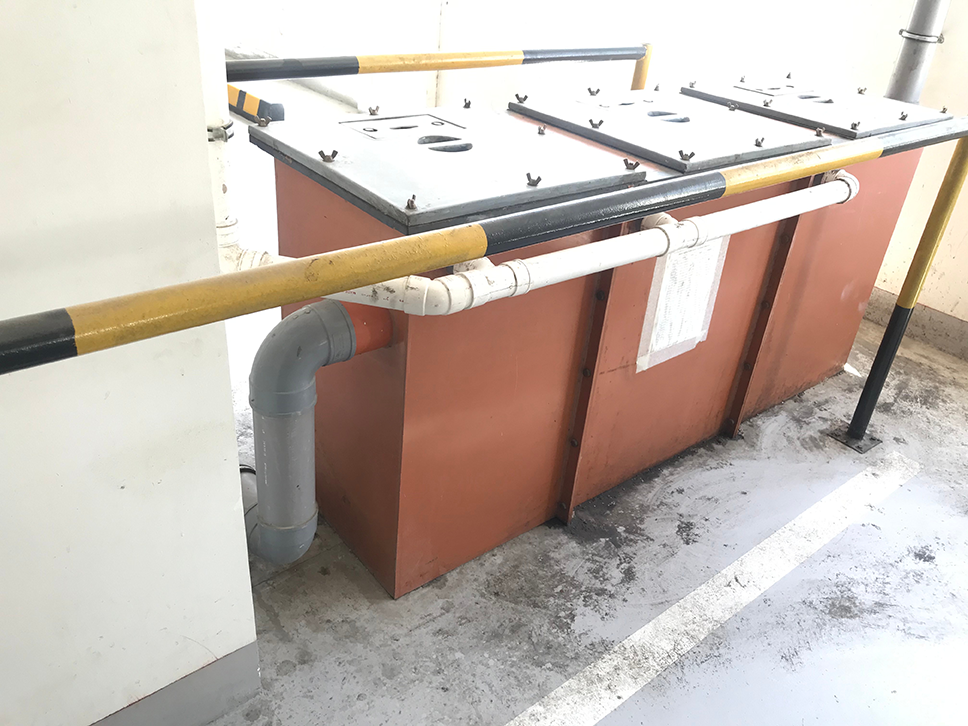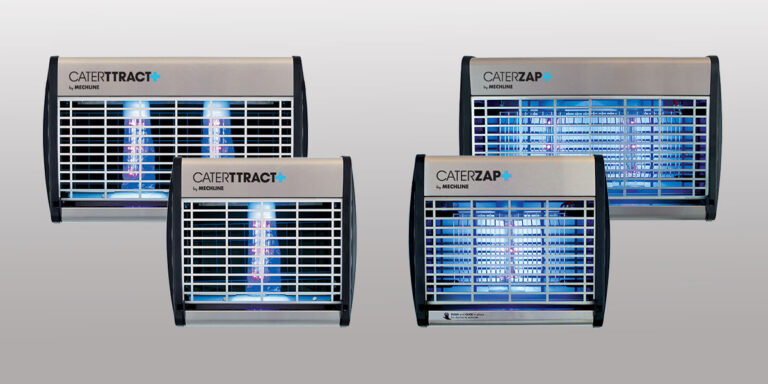Restaurants often make the list of top suspects when a problem with the local sewer system occurs. Water companies, determined to find the culprit, will be quick to evaluate how much fats, oils, grease (FOG) your dining establishment is responsible for releasing into the drainage system. With hefty fines and the threat of a tainted reputation to be wary of, you’ll want to take all the necessary precautions to demonstrate your commitment to responsible FOG waste management.
In this blog, we delve into the ins and outs of grease traps, and discuss whether it’s a necessary requirement for your establishment. We’ll also take a look at some alternative solutions so that you can make the best and most effective decision for your business.
How does a grease trap work?
How does a grease trap work? Casting your mind back to Year 9 science classes, you’ll probably remember that water and oil don’t mix. Animal fats and vegetable oils are significantly less dense than water, meaning they float on the top. Whether automatic or manual, grease traps work by trapping the FOG that rise to the top from wastewater before it enters the drains. When wastewater enters a grease trap, it slows the water flow down significantly, separating it into solids on the bottom layer, wastewater in the middle, and FOG on the top.
What is the difference between manual and automatic grease traps? Cheap to install, manual grease traps or traditional passive systems are, historically, the most commonly-used solutions in commercial kitchens – where they have been used for over a century. They are usually made from stainless steel or plastic and must be cleaned manually, by a professional, on a regular basis. Automatic grease traps, or Automatic Grease Removal Units (AGRUs), do the same thing, only they remove the FOG (you guessed it) automatically on a predetermined schedule.
While both types can be effective, like all FOG management systems, how well they function depends on how well they are maintained. While grease traps require an engineer to empty FOG from the grease trap – usually every 2-4 weeks, GRUs can be emptied daily into a separate container, ready for collection. Both require professionals to come in and collect FOG, as well as clean out the units. They also need to be kept very clean so as to not attract insects and/or vermin.
Many grease traps have strainers for collecting solid debris, reducing the volume of solids that settle at the bottom of the grease trap. A sink food waste strainer can also prevent food particles from making their way into the drain, grease trap, and drainage system.
Incorporating a complete, end-to-end solution in your kitchen has been shown to dramatically reduce the need for servicing and maintenance. As a combined entrapment and bio-dosing system, our BioCeptor uses bioremediation to naturally and effectively digest FOG. In fact, the presence of our unique GreasePak biofluid has been proven to extend the length of time the unit requires emptying from 28 days to 12 weeks.
For the best results, a multi-layered approach to FOG management is often recommended in your kitchen, using a combination of grease separators/ traps and biofluids downstream of sinks and appliances to prevent FOG from entering drains.
Who needs a grease trap?
Much legislation references the issues surrounding best practice and correct disposal of fats, oils, grease, and starches (FOG).
The Building Regulations (document H, section 2.21) states that a commercial food premises serving hot food and that is connected to the mains drainage system should be fitted with a grease separator or other effective means of grease removal.
That means essentially, if you are the operator of a commercial kitchen, you need to have an effective grease management system in place. There are a range of equipment options out there – so think carefully when choosing the right combination of products for your business. Having the right grease management solution in place in your kitchen can help you stay compliant and maintain a slick operation – pun intended.








